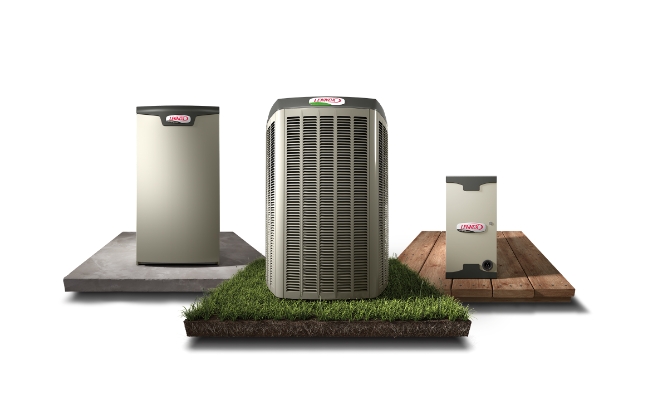
Don’t worry if you’re not familiar with HVAC energy efficiency standards, We’re here to cut through the jargon and explain the areas that are useful for you to know. At Peters Associates, we want you to be comfortable with every heating and cooling decision you make. We’d be delighted to give you advice on the latest regulations and how they affect you as a homeowner.
The New SEER Standards and What They Mean
SEER (Seasonal Energy Efficiency Ratio) is an efficiency measurement that is used to monitor an HVAC unit’s expected energy output per year. Under the existing 2022 regulations, the minimum efficiency standards for new air conditioning installations is 13.0 SEER in Northern U.S. areas and 14.0 SEER for areas in the South. If you’re not sure what your AC system’s SEER rating is, take a look at your unit. There should be a label that lists the SEER rating along with other specs. If not, and you know your HVAC model number, you can look it up online.
From January 2023, HVAC professionals will only be permitted to install HVAC systems with a minimum SEER of 14.0 in the North and a minimum SEER of 15.0 in the South. Heat pump systems will also be covered under these regulatory changes at the same time.
A good rule of thumb to remember when choosing a new AC system is that the higher the SEER, the higher the efficiency of your system. And the higher the efficiency of your system, the more money you can save on running costs. For example, an AC system with a 16 SEER will be around 13% more efficient than a system with a 14 SEER. This could bring you savings of around $50 a year on your electricity bill.
Do I Need to Replace My Existing System Now?
If you’re worried that you need to replace your existing air conditioning system to meet the new regulations, don’t be. These standards only come into play if your system fails and you need a new one. Your HVAC professional will help you to understand what the new SEER regulations mean, what system will be suitable for the size of your home and any insulation you have, and also the energy savings that you can enjoy after upgrading.
Enjoy All the Benefits of an Efficient AC System
If you’re considering a new AC system but you’re not sure where to turn or which system will be best, give the team at Peters Associates a call. We can tell you more about the 2023 changes and how they affect you as a homeowner. Discover the energy and money you could save when you upgrade to a more efficient system. We keep up with the latest advances and changes so that we can provide the absolute best service to you.

